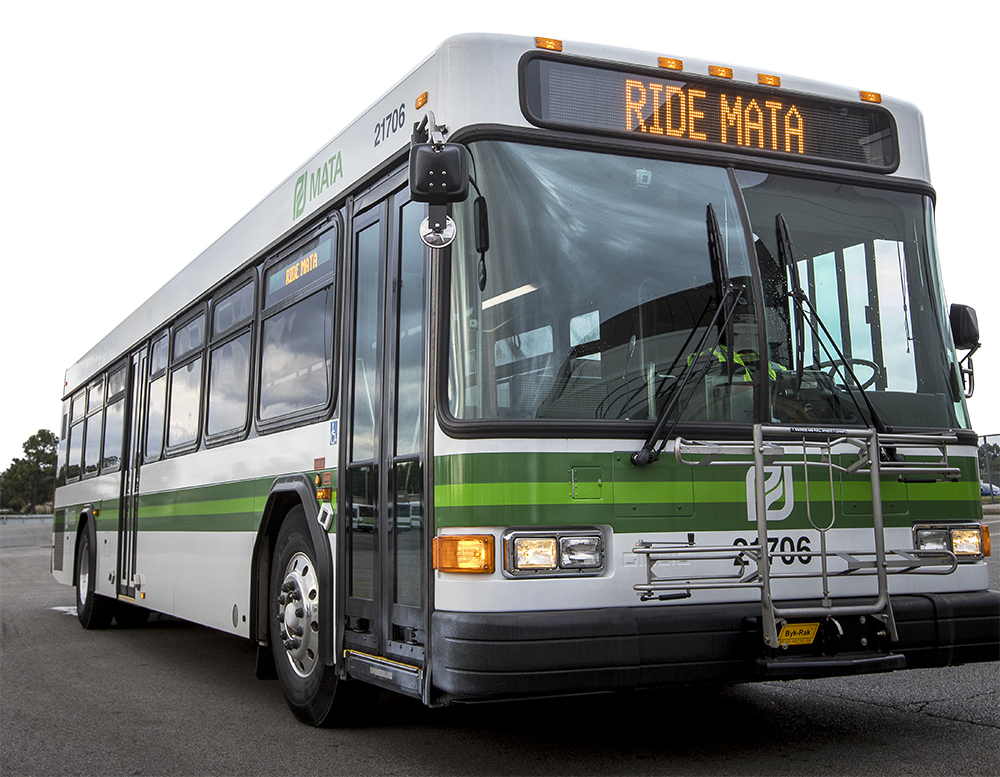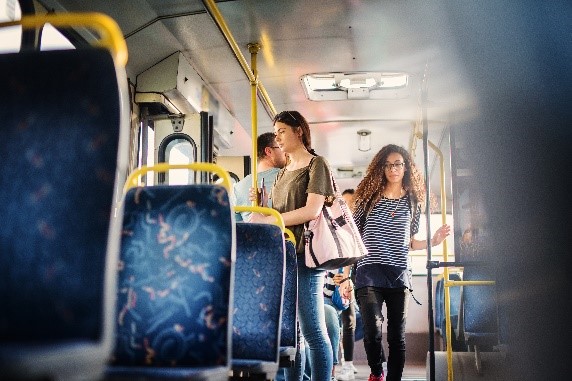The Memphis Area Transit Authority (MATA) has authorized an insurance plan nearing $1 million during their July 30th board of commissioners meeting. This decision comes as questions still surround the organization’s financial status.
MATA recommended the global insurance brokerage Arthur J. Gallagher & Co. for their plan starting through August 1, 2024, through July 31, 2025. Officials said the premium is an excess of $992,000. They said this is reasonable “based on today’s market” and is “very important for the company.”
“It’s an expense that MATA incurs every year,” an official said. “Obviously the amount differs each year. In view of MATA’s current cash flow circumstances, this is a very significant expenditure — just as any expenditure close to $1 million would be.”
Board chairman Michael Fulton expressed his concern with a policy totaling almost $1 million given the agency’s $60 million deficit.
Hamish Davidson of J.S. Held LLC, MATA’s external CFO, said as recently as Tuesday, he consulted with the city of Memphis and said MATA expected to raise an invoice against the city to “draw down against the operational grant funding” up to $1 million to cover the plan.
Shortly after gaining approval for the insurance plan, the agency informed its board that they are preparing to present one of its “most consequential budgets of MATA’s history.”
Officials decided to forego a traditional finance report as their finance team is working on the year-end closeout which they plan to present in August. They said this will show how the organization fared for the year.
The board of commissioners were presented with a draft of the budget, but it was not available to the public for review.
“We felt as though it would be important to put a draft of this budget in front of you,” interim CEO Bacarra Mauldin said to the organization’s board of commissioners. “We’re not going to discuss it in any detail today because we plan to have a very robust finance committee meeting, and we want to make sure you are armed with as much information as possible going into that process.”
Mauldin said they have the opportunity to balance their budget for the first time in a “considerable” amount of years. She said she is honoring her commitment to present a balanced budget to the board.
In June, the city of Memphis allocated $30 million to the organization for FY25. Shelby County gave MATA $1.2 million, which Mauldin previously said was “consistent with where they’ve been for the past few years.”
At the end of budget season, Davidson told commissioners that he would present a timetable that addresses the current and future state of their budget.



